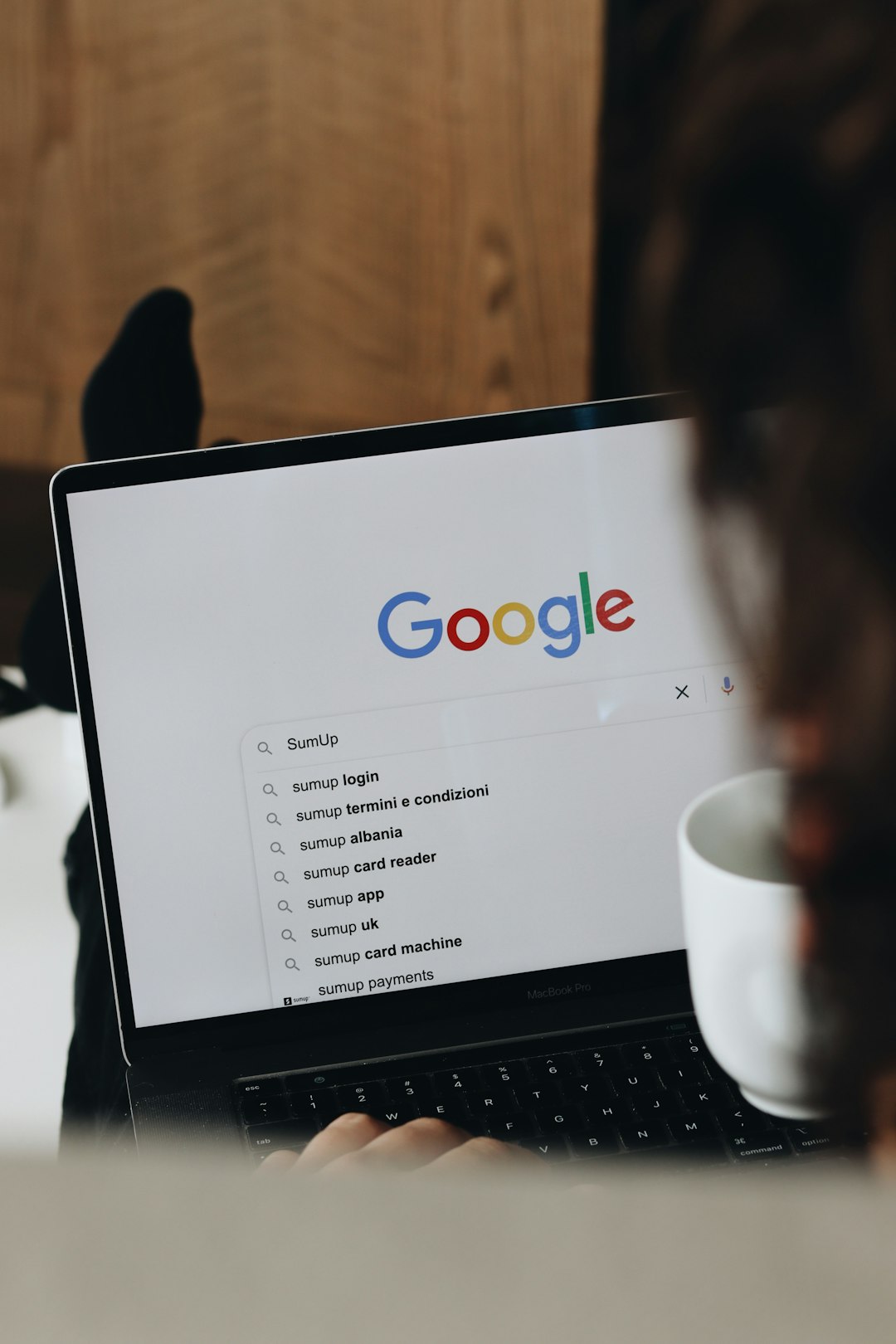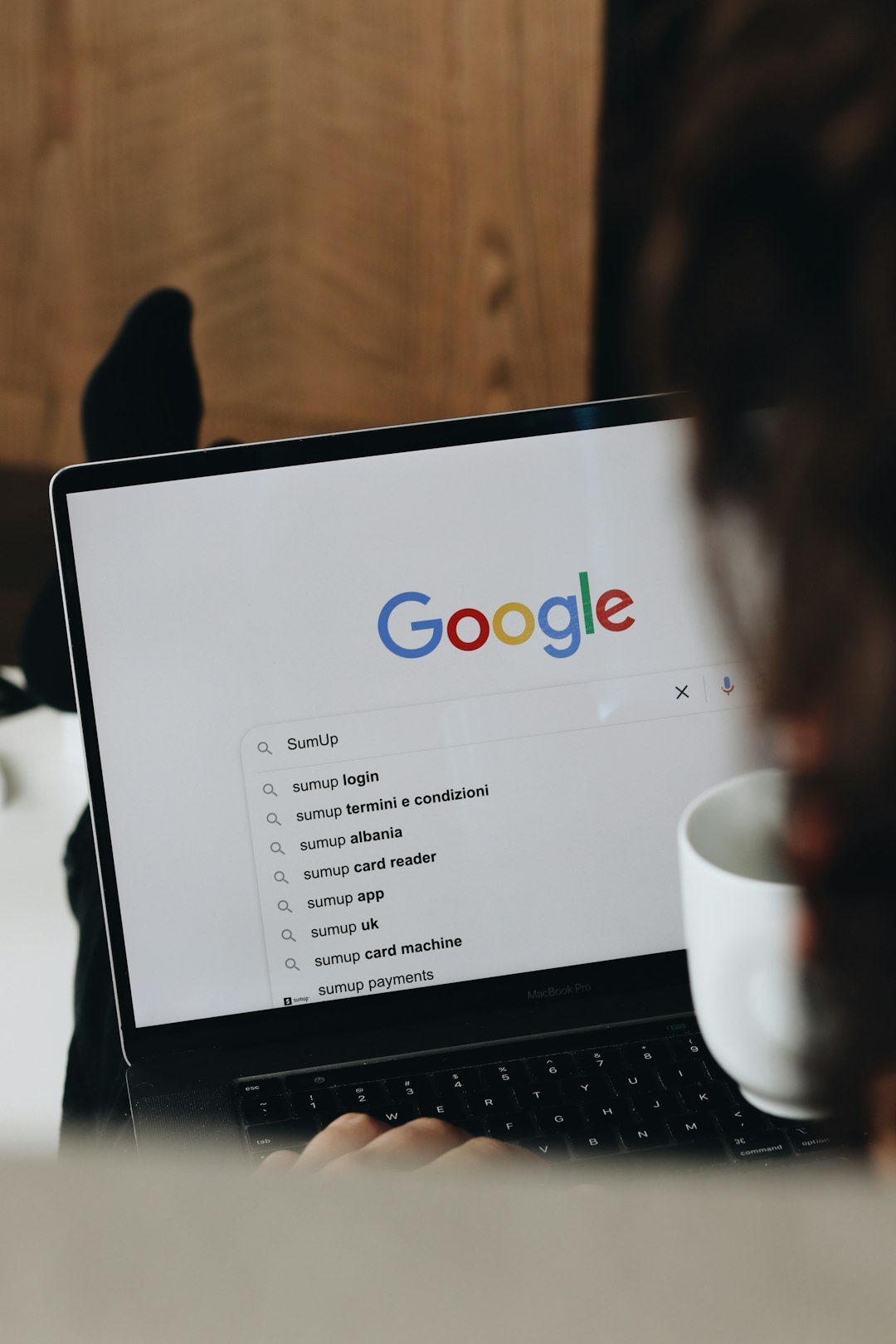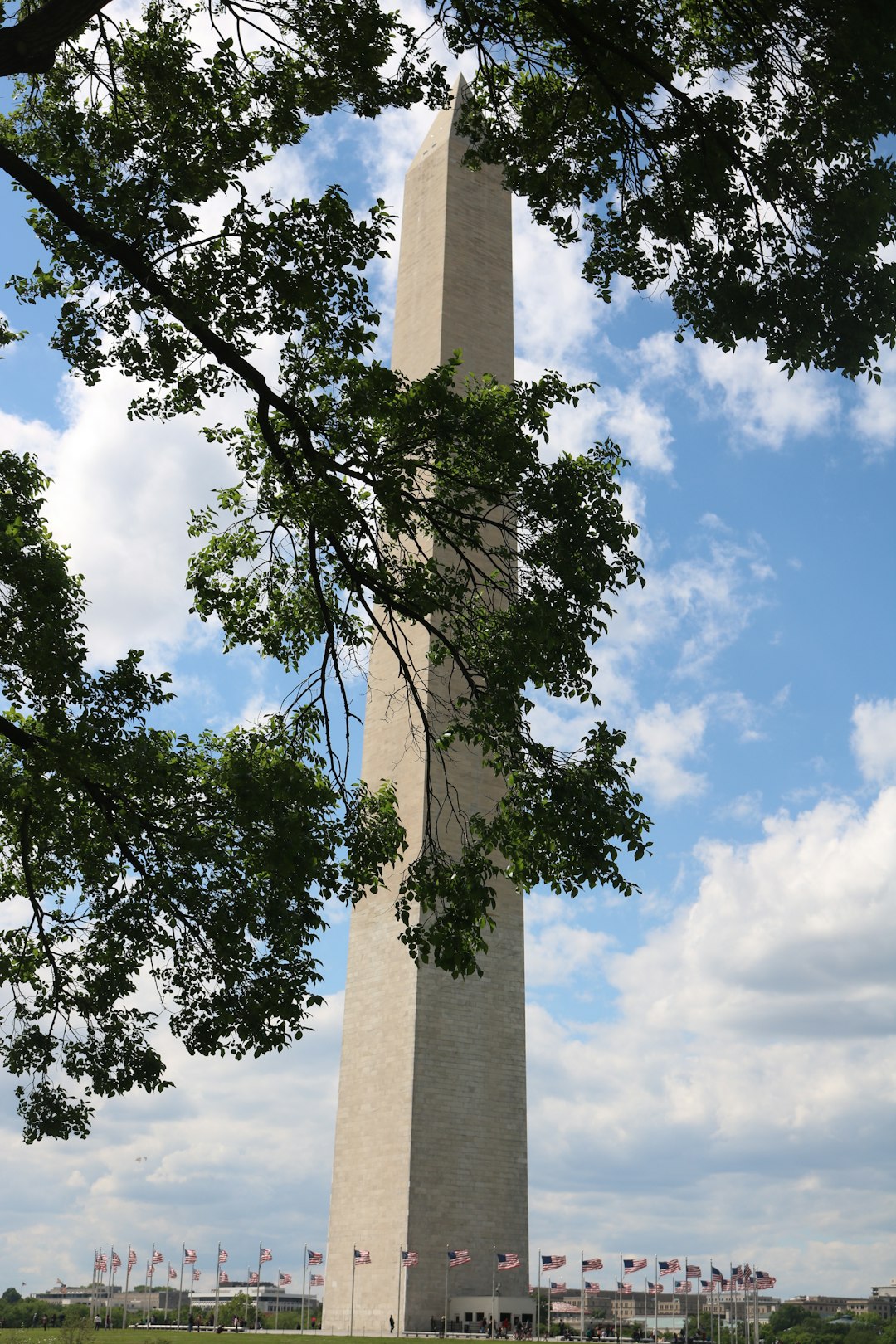Nonprofits in Washington D.C. face significant challenges from relentless spam calls that waste resources, hinder communication, and pose potential legal risks. To combat this, they should engage a spam call attorney DC specializing in telecommunications law for guidance on TCPA compliance, call blocking, staff training, and policy creation. By taking strategic steps like registering for the National Do Not Call Registry, implementing technology, and establishing protocols, nonprofits can create a peaceful environment focused on their mission instead of phone interruptions.
Spam calls are an increasingly prevalent issue for nonprofits operating in Washington D.C., disrupting daily operations and hindering vital fundraising efforts. This article explores the significant impact of these unwanted phone solicitations on local charities. We delve into the legal aspects, highlighting the role of a spam call attorney in helping nonprofits protect their resources. Additionally, practical strategies are offered to combat and prevent spam calls, ensuring D.C.-based nonprofits can focus on their mission without constant interruptions.
Understanding the Impact of Spam Calls on Nonprofits in DC

Spam calls have become a persistent and problematic issue for nonprofits operating in Washington, D.C., as they often rely on phone communication to engage with supporters, donors, and volunteers. The constant influx of unwanted and unsolicited calls can significantly disrupt their operations, impacting their ability to effectively manage and grow their networks. Nonprofits may find themselves struggling to distinguish legitimate communications from spam, leading to wasted time and resources in screening and managing these calls.
In the capital city, where many nonprofits advocate for various causes and initiatives, this issue is further exacerbated by the high volume of call traffic. A spam call attorney DC can help organizations navigate complex laws surrounding telemarketing and consumer protection. By understanding the legal frameworks, nonprofits can better protect themselves, their donors, and volunteers from the nuisance and potential risks associated with spam calls, ensuring a more efficient and productive communication environment.
Legal Aspects: What Does a Spam Call Attorney Do for Nonprofits?

Nonprofit organizations in Washington D.C. face a unique challenge in the form of relentless spam calls, which can disrupt their operations and impact their ability to serve communities effectively. This is where a spam call attorney DC plays a pivotal role. Such legal experts specialize in navigating the complex web of telecommunications laws and regulations to protect nonprofits from illegal or nuisance calls.
A spam call attorney DC assists nonprofits by identifying and blocking sources of spam calls, ensuring compliance with Telephone Consumer Protection Act (TCPA) guidelines. They offer strategic advice on implementing call-blocking technologies, training staff on recognizing and reporting spam, and developing policies to mitigate the impact of unsolicited calls. By employing these measures, a nonprofit can create a safer and more productive environment, allowing them to focus on their mission rather than dealing with disruptive phone traffic.
Strategies to Combat and Prevent Spam Calls for DC-Based Nonprofits

Nonprofit organizations in Washington D.C. face a unique challenge with the increasing number of spam calls. These unwanted phone interactions not only disrupt daily operations but also pose potential legal issues, especially when sensitive information is involved. To combat this problem, DC-based nonprofits can implement several effective strategies.
One approach is to register for the National Do Not Call Registry and ensure their phone numbers are listed. Additionally, utilizing technology like call blocking software or specialized spam call attorney DC services can significantly reduce the volume of unwanted calls. Regularly updating phone systems with the latest security patches and training staff on recognizing suspicious calls are essential preventive measures. Moreover, nonprofits should establish clear protocols for handling such calls, including documenting and reporting incidents to relevant authorities or telecommunications providers.






